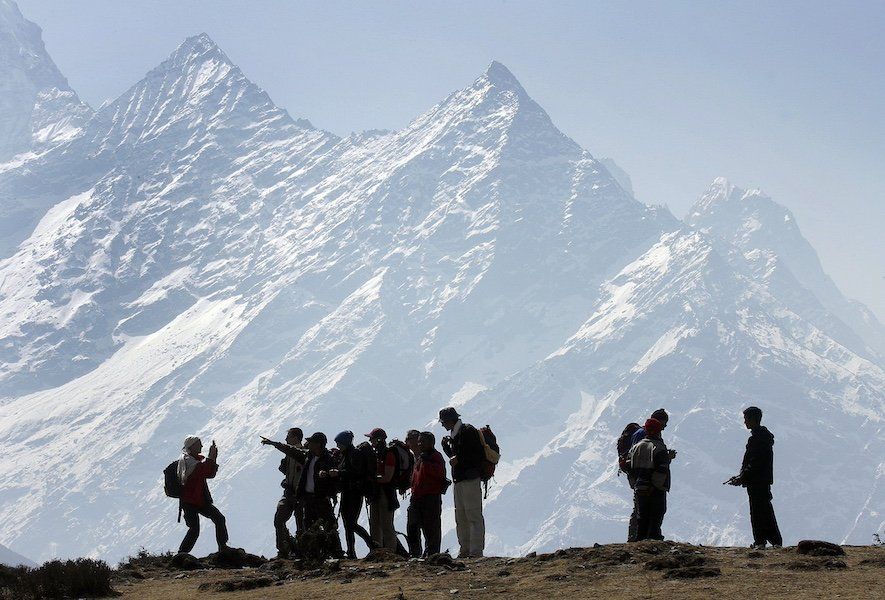Nepal’s government this week banned the Chinese social video app TikTok, effective immediately, claiming it was disrupting the “social harmony” of the small Himalayan nation.
Local media report that authorities registered over 1,600 TikTok-related cybercrimes in the past four years, and the government is also concerned about videos promoting sexism, discrimination along traditional South Asian caste lines, and vigilantism related to the alleged slaughter of cows, which Hindus (the majority in Nepal) view as sacred.
Nepal is in good regional company. India, Pakistan, Bangladesh, and Afghanistan have all banned TikTok, citing similar content concerns. The United States, European Union, and other countries further afield have implemented full or partial bans on TikTok as well, though their concerns are generally tied to feared Chinese snooping on government devices rather than social disruption.
Geopolitical considerations don’t seem to have been the primary driver in Kathmandu’s decision to ban the app, but Nepal has outstanding territorial disputes with Beijing, and skepticism about Chinese intentions is nothing new.
What comes next: Activists working to expand free speech protections in Nepal’s fragile democracy say the ban will stifle criticism of the government by closing one of the few viable platforms. About 2.2 million – out of 30 million – Nepalis use TikTok actively, and a group of 30 civil society organizations may take the government to court over the ban.